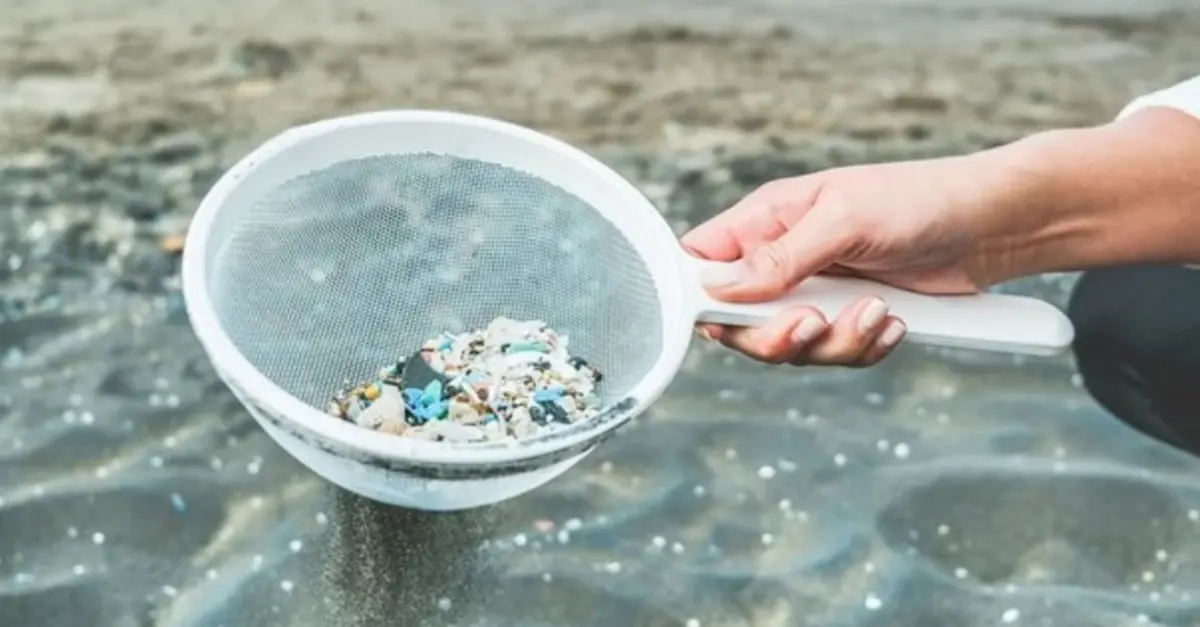Scientists at the University of California San Diego (UCSD) have developed a revolutionary type of plastic they call “living plastic.” This TPU (thermoplastic polyurethane) is not only biodegradable, breaking down in just five months, but it’s also stronger and more durable than conventional plastic.
Secret Weapon: Spores
The key to this innovation lies in bacterial spores, a tough, dormant form of bacteria resistant to harsh environments. The researchers embedded spores of a specific strain of Bacillus subtilis bacteria within the plastic. When exposed to the nutrients present in compost, these spores germinate and actively break down the plastic material.
Supercharged Spores Through Evolution
The Bacillus subtilis strain used was specially selected for its ability to withstand the high temperatures (over 200°F) involved in plastic extrusion. The researchers employed a unique technique, essentially evolutionary nudging, to create these supercharged spores. By repeatedly exposing the bacteria to high temperatures and selecting the surviving strains, they were able to cultivate spores that could thrive in the manufacturing process.
Benefits Beyond Biodegradability
Surprisingly, the inclusion of these spores offers an additional benefit. They act as a reinforcing filler, similar to rebar in concrete. This strengthens the plastic, making it more resistant to tearing and stretching.
Future Outlook
While the economic feasibility of large-scale production remains to be explored, the potential of this “living plastic” is undeniable. The research team is confident this technology can be adapted to create biodegradable versions of various commercially used plastics. This innovation has the potential to significantly reduce plastic pollution and its detrimental impact on the environment.















































